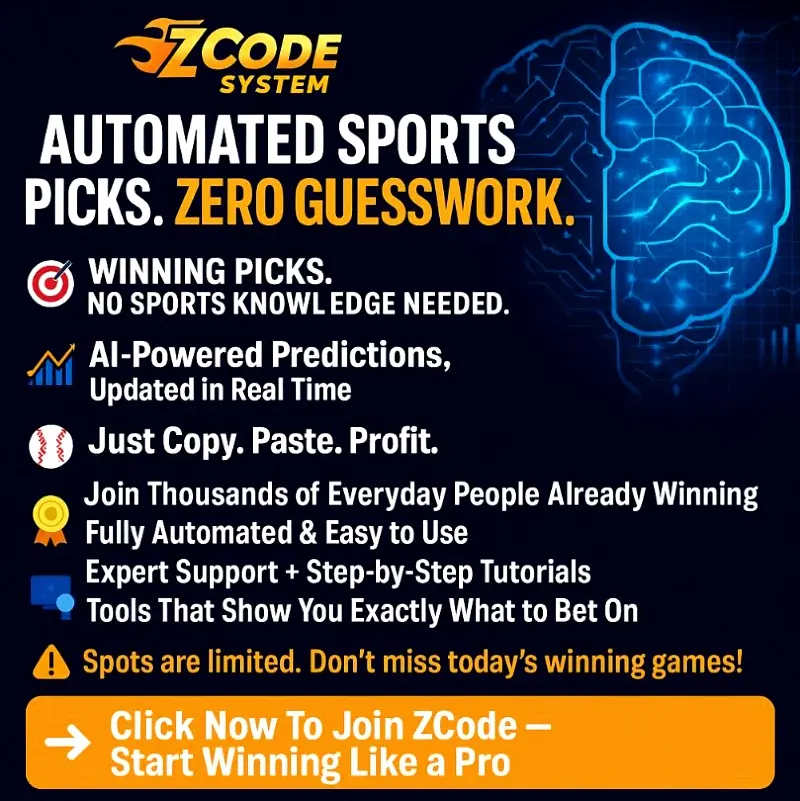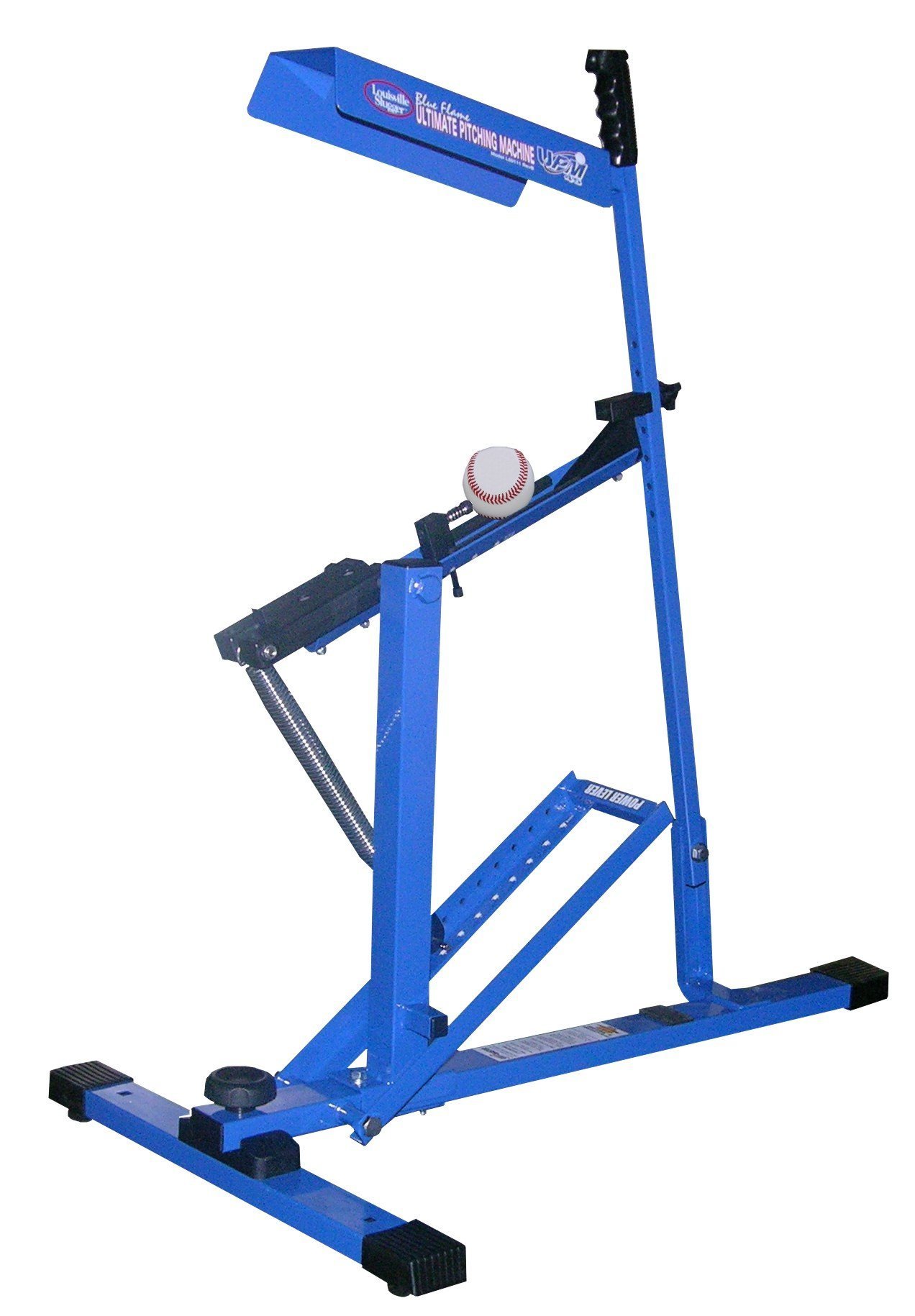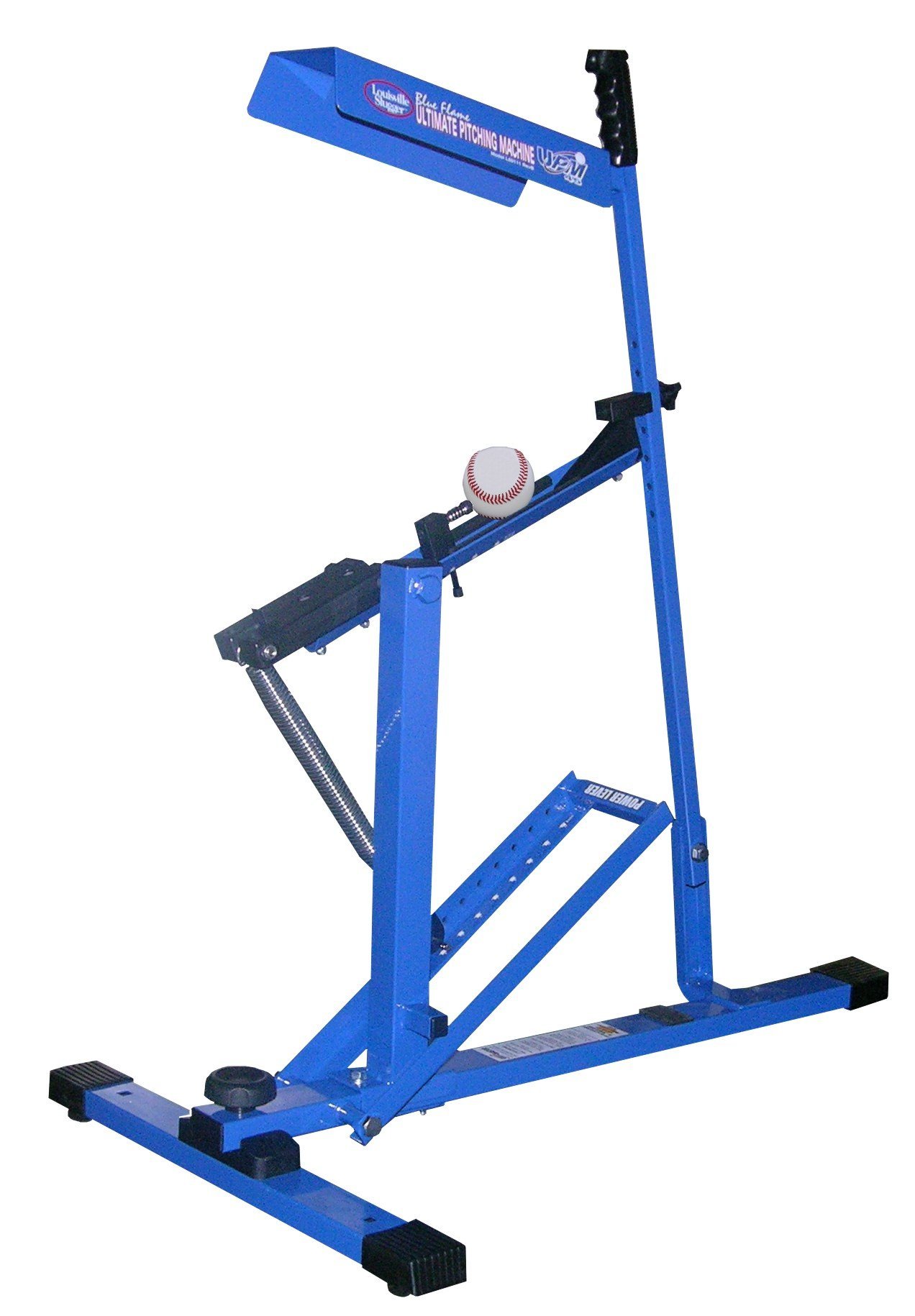Baseball has been captivating fans for generations.

Practicing is key to improving skills on the diamond.
Pitching machines have revolutionized the way players train.
They offer consistent and customizable pitches for batters to hone their skills.
These devices simulate various pitch types, speeds, and angles, allowing players to practice hitting without the need for a live pitcher.
We’ve found that pitching machines are invaluable tools for players of all levels, from little league to professional.
They provide a controlled environment for batters to work on their timing, stance, and swing mechanics.
With a pitching machine, players can take hundreds of swings in a single practice session, far more than they could with a human pitcher.
When choosing a pitching machine, it’s crucial to consider factors like pitch speed range, types of pitches it can throw, portability, and durability.

The power source is also important.
Some machines run on electricity, while others use batteries or manual power.
We’ve tested numerous pitching machines to help you find the best one for your needs, whether you’re a coach looking to improve your team’s hitting or a player aiming to perfect your swing.
Best Pitching Machines
We’ve compiled our top picks for pitching machines to help you improve your batting skills.
These machines offer a range of speeds and pitches, allowing players of all levels to practice hitting like the pros.
Whether you’re a Little League coach or a serious baseball enthusiast, you’ll find options to suit your needs and budget.
From adjustable settings that cater to beginners to advanced models that simulate game situations, these machines are designed to enhance your training sessions.
In addition to their versatility, many of these machines are portable and easy to set up, making them perfect for any practice location.
These pitching practice essentials for baseball will not only boost your confidence at the plate but also help sharpen your overall skills for competitive play.
Blue Flame Pitching Machine

This versatile pitching machine is a fantastic investment for baseball and softball players looking to improve their hitting skills.
- Throws various ball types at adjustable speeds
- Portable and lightweight design
- No electricity or batteries required
- Manual operation may require some practice
- Slight variations in pitch height and direction
- Limited top speed for advanced players
We’re impressed by the Blue Flame’s ability to handle different ball types.
From baseballs to softballs, and even soccer balls, this machine can throw them all.
It’s great for players of all ages and skill levels.
The adjustable speed controls are a standout feature.
We can set it to throw hardballs between 18 and 45 mph, perfect for beginners and intermediate players.
For lighter balls, it can reach up to 60 mph, providing a challenge for more advanced hitters.
Weighing less than 25 pounds, the Blue Flame is incredibly portable.
We love how easy it is to move from field to field.
Its manual operation means we don’t need to worry about finding an outlet or charging batteries.
The machine’s accuracy is noteworthy.
It consistently throws strikes, helping players improve their swing mechanics.
We can also use it for fielding practice, as it’s capable of throwing fly balls and grounders.
While the manual operation takes some getting used to, it becomes second nature with practice.
The slight variations in pitch height and direction actually add a realistic element to batting practice.
As the official pitching machine for Babe Ruth League and Pony Baseball and Softball, the Blue Flame has earned its stripes.
We think it’s an excellent tool for teams and individual players alike.
Heater BLAZE Pitching Machine
We believe this versatile pitching machine is a solid choice for players looking to improve their batting skills at home or on the field.
- Works with both baseballs and softballs
- Adjustable speed up to 70 MPH
- Durable construction for long-term use
- Some assembly required
- Short power cord may need an extension
- Relatively heavy at 55 pounds
The Heater BLAZE Pitching Machine offers an impressive range of features for baseball and softball enthusiasts.
Its ability to pitch both types of balls makes it a versatile tool for different players and practice scenarios.
The speed control knob allows quick adjustments from 10 to 70 MPH, catering to various skill levels and training needs.
We appreciate the machine’s durability, with its heavy-duty motor and professional-grade tire built to withstand rigorous training sessions.
The 90-degree pitch angle adjustment is a standout feature, enabling players to practice hitting grounders, line drives, and even pop flies.
Setting up the BLAZE is generally straightforward, though some users might find the assembly instructions lacking.
Its weight of 55 pounds means it’s not the most portable option, but this heft contributes to its stability during use.
The short power cord could be an inconvenience for some, potentially requiring an extension cord for outdoor use.
Heater Base Hit Lite
We believe the Heater Base Hit Lite offers good value for aspiring batters, despite some accuracy issues.
- Lightweight and portable design
- Adjustable pitch types and speeds
- Includes automatic ball feeder
- Inconsistent pitch accuracy
- Limited top speed of 45 MPH
- Some durability concerns
The Heater Base Hit Lite pitching machine brings batting practice to your backyard or local field.
At just 15 pounds, it’s a breeze to transport.
The adjustable pitching head lets you practice hitting fastballs, pop flies, and even ground balls.
We appreciate the included 12-ball automatic feeder.
It releases a ball every 8 seconds, allowing for continuous practice without manual reloading.
This hands-free operation is great for solo training sessions.
The machine’s 45 MPH top speed works well for youth players and beginners.
More advanced batters may find it lacking.
Some users report inconsistent pitch accuracy, which can be frustrating.
Build quality is decent for the price point, but longevity may be a concern for heavy users.
Furlihong Dual-Wheel Pitcher
We think this versatile pitching machine offers great value for coaches and players looking to enhance their hitting skills.
- Adjustable speed and angle
- Easy to assemble and transport
- Suitable for various skill levels
- AC power required
- Plastic components
- Limited top speed
The Furlihong 636BH pitching machine caught our eye with its impressive range of features.
Its adjustable speed settings, from 40 to 68 mph, cater to both beginners and more advanced players.
We appreciate the ability to fine-tune the pitch angle, allowing for a variety of practice scenarios.
Setting up this machine is a breeze.
Its portability means we can easily move it around the field or take it to different training locations.
The sturdy tripod base provides stability, ensuring consistent pitches during practice sessions.
While it may not match the durability of top-end professional machines, the Furlihong offers excellent value for its price point.
It’s a solid choice for youth teams and individual players looking to improve their hitting skills.
The inclusion of a protective cover and training balls adds to its appeal as a complete package for baseball enthusiasts.
PowerNet Launch F-lite Pitching Machine
We believe this versatile pitching machine is a solid choice for baseball and softball players looking to improve their hitting skills at home or on the field.
- Adjustable speeds from 40 to 90 MPH
- Works for both baseball and softball
- Includes practice balls and sturdy tripod base
- Limited to use with PowerNet balls only
- Lower speed settings may lack effectiveness
- Some durability concerns reported
The PowerNet Launch F-lite offers an excellent way to practice batting without needing a live pitcher.
Its variable speed settings allow players to work on their swing against different pitch velocities, simulating game-like conditions.
We appreciate the machine’s versatility, as it accommodates both baseball and softball practice.
The interchangeable tripod base legs make it easy to adjust the pitch height, catering to players of different ages and skill levels.
The inclusion of 12 practice balls (6 baseballs and 6 softballs) means you can start training right away.
However, it’s worth noting that the machine is designed to work exclusively with PowerNet’s Launch F-lite balls, which may limit its long-term usefulness if you prefer using standard game balls.
While the machine generally delivers consistent pitches, some users have reported that the lower speed settings aren’t as effective.
This might be a drawback for younger players or beginners who need slower pitches to develop their skills.
Buying Guide
When shopping for a pitching machine, we recommend considering several key factors.
Speed range is crucial.
Look for machines that offer adjustable speeds to suit different skill levels and practice needs.
Pitch variety is another important feature.
The best machines can throw fastballs, curveballs, and other pitch types.
Portability matters if you plan to move the machine frequently.
Check the weight and if it has wheels for easy transport.
Here’s a quick checklist of features to consider:
- Ball compatibility (baseball, softball, or both)
- Power source (battery or AC)
- Automatic ball feeder
- Remote control operation
- Durability and warranty
We suggest trying out machines in person if possible.
This lets you assess the build quality and ease of use firsthand.
Budget is always a consideration.
While high-end models offer more features, there are solid options at various price points.
Don’t forget about maintenance.
Look for machines with easily replaceable parts and good customer support.
Lastly, think about where you’ll use the machine.
Some models work best on flat surfaces, while others can handle slight inclines.
Frequently Asked Questions
Pitching machines are valuable tools for baseball practice.
Let’s address some common questions about selecting, using, and maintaining these devices.
What features should one consider when choosing the best pitching machine?
We recommend looking at speed range, ball compatibility, and portability.
Adjustable speed settings allow for varied practice.
Multi-ball compatibility offers versatility.
Lightweight, wheeled models are easier to transport and set up.
How do used pitching machines compare to new ones in terms of quality and longevity?
Used machines can be cost-effective but may have wear and tear.
We’ve found that well-maintained used models can still perform reliably.
New machines offer the latest features and full warranties, but at a higher price point.
Can you recommend a pitching machine suitable for youth baseball players?
For young players, we like machines with lower speed ranges and softer ball options.
The Jugs Lite-Flite or Heater Sports Pitching Machine are good choices.
These models are safe, easy to use, and help build confidence.
What are the advantages of using a pitching machine for practice?
Pitching machines offer consistent throws for repetitive practice.
We’ve seen players improve their timing and swing mechanics.
They allow for solo practice sessions and reduce arm strain on coaches during batting practice.
Do professional baseball teams use pitching machines and what types do they prefer?
Yes, pro teams use pitching machines extensively.
We’ve noticed they prefer high-end models like the Hack Attack or e-Hack Attack.
These machines can simulate various pitch types and speeds, mimicking real game scenarios.
How often should you service a pitching machine to maintain optimal performance?
We suggest servicing pitching machines annually for regular use.
Before each session, check the wheels, motors, and moving parts.
After use, clean the machine and store it properly to extend its lifespan.





